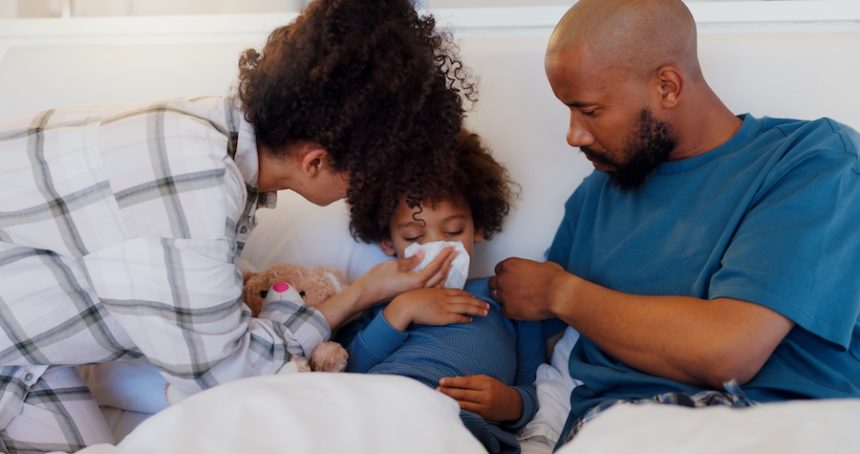What is pertussis and how can I prevent it?
Published at
Have a medical-related question you've always wanted answered? The doctors at the Pediatric Center are here to help! Email your 'Ask the Doctor' questions to news@eastidahonews.com and they might end up in our weekly column.
Question: I heard there is a possible outbreak of pertussis in our Community, what is pertussis and how can I prevent it?
Answer: Pertussis, commonly known as whooping cough, is a highly contagious bacterial infection caused by the bacterium Bordetella pertussis. It primarily affects the respiratory system, causing severe coughing fits that can be accompanied by a characteristic “whooping” sound as the person tries to catch their breath after coughing.
Despite widespread vaccination, the incidence of whooping cough has been on the rise since the 1990’s with outbreaks occurring every three to five years. The incidence is greatest in infants younger than one year, and can be particularly severe, even life-threatening in this age group.
Although whooping cough occurs year-round, the incidence appears to increase during the summer and fall.
Symptoms of pertussis typically progress through stages and can resemble a common cold at first, but then escalate to severe coughing spells. Vomiting, exhaustion, and difficulty breathing may follow these spells. Here are a few ways to help prevent pertussis:
- Vaccination: The most effective way to prevent pertussis is through vaccination. The DTaP vaccine is typically administered to infants and young children in a series of doses starting at two months of age. DTaP protects against diphtheria, tetanus, and pertussis. A booster vaccine called Tdap is recommended for adolescents and adults, especially those individuals who will be around infants and young children.
- Herd immunity: Ensuring a high vaccination rate within the community helps protect vulnerable individuals who may not be able to receive vaccines due to age or medical conditions. Herd immunity reduces the likelihood of the bacteria spreading within the population.
- Avoiding exposure: Since pertussis is highly contagious, it’s important to avoid close contact with individuals who have the infection. This is particularly crucial for individuals who are unvaccinated or at higher risk of complications, such as infants.
- Good hygiene practices: Practicing good hygiene, such as washing hands frequently with soap and water, covering your mouth and nose when coughing or sneezing, and properly disposing of used tissues, can help prevent the spread of pertussis and other respiratory infections.
- Isolation and treatment: If someone in your household is diagnosed with pertussis, it’s important for them to receive appropriate treatment with antibiotics and to isolate themselves from others, especially infants and young children, until they are no longer contagious.
By taking these preventive measures, you can significantly reduce the risk of contracting and spreading pertussis within your community.
This column does not establish a provider/patient relationship and is for general informational purposes only. This column is not a substitute for consulting with a physician or other health care provider.

Ask the Doctor is brought to you by the Pediatric Center, which offers evening and weekend hours with onsite lab and X-ray.


